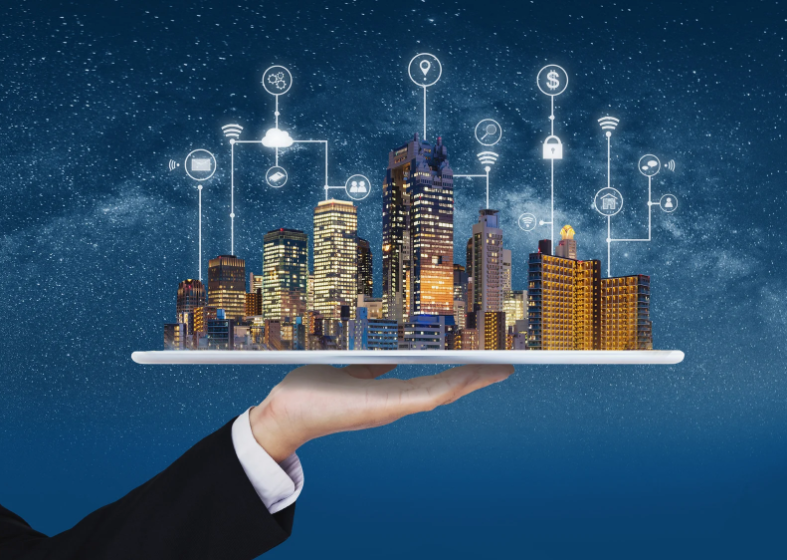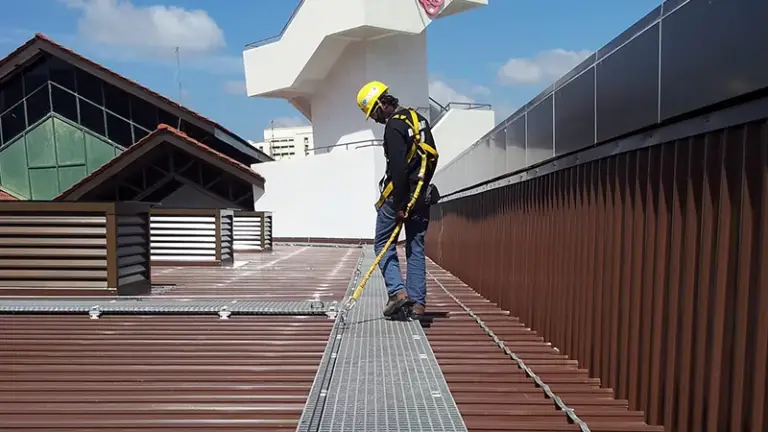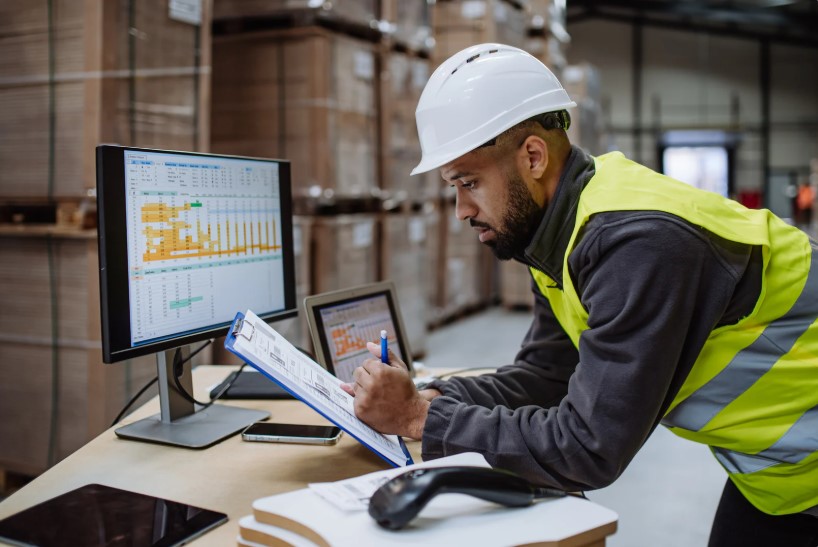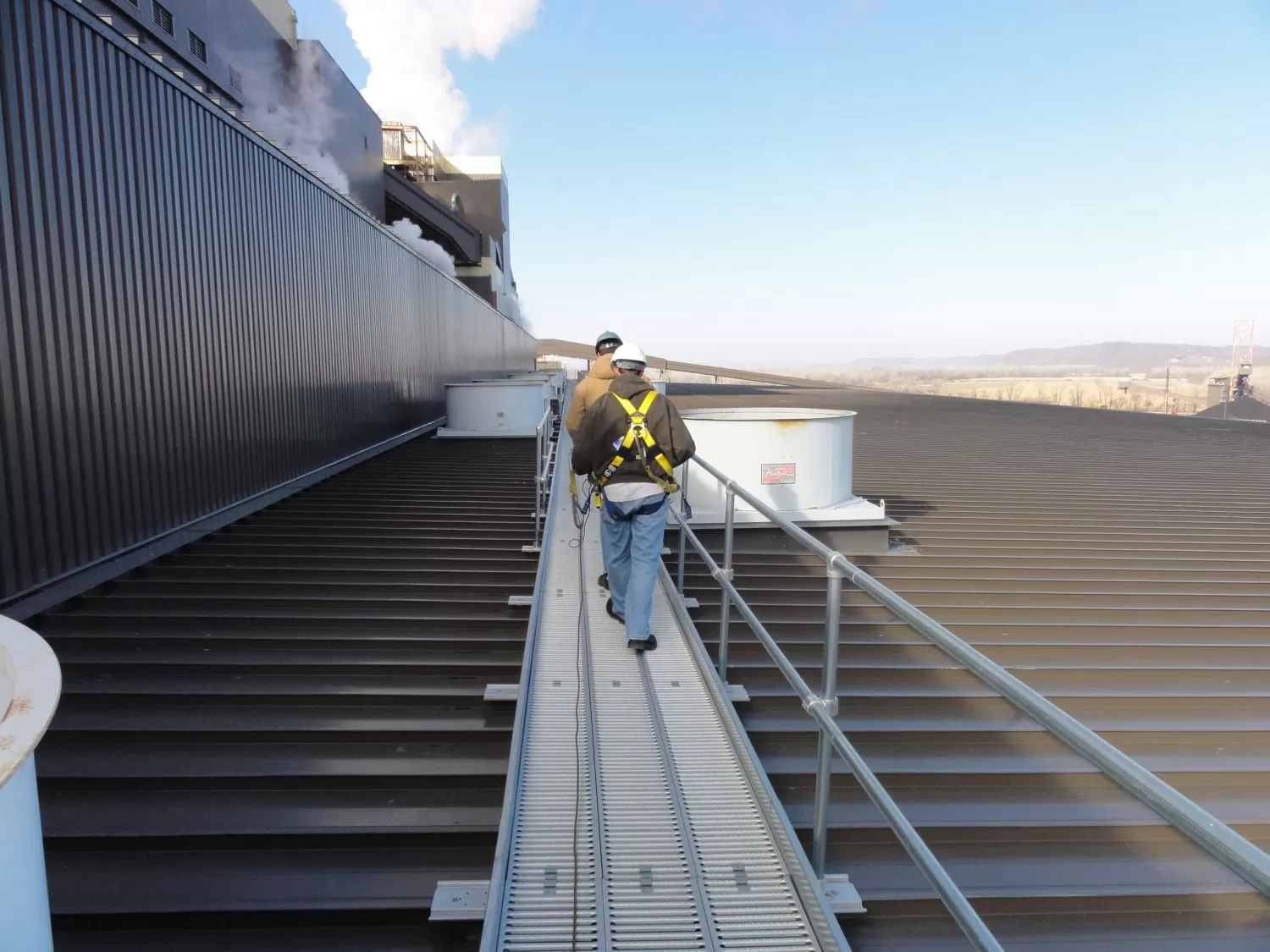Advanced Building Services are transforming the way facilities operate, integrating smart technology to enhance efficiency, sustainability, and security. With the rapid growth of IoT (Internet of Things) and AI (Artificial Intelligence), buildings are no longer just physical structures; they have become intelligent ecosystems that respond dynamically to environmental and operational demands. In Singapore, where technological innovation plays a crucial role in urban planning, the adoption of Advanced Building Services is driving the development of smarter, more energy-efficient infrastructure.
What Are Advanced Building Services?
Advanced Building Services refer to a suite of technology-driven solutions that optimise the functionality and efficiency of modern facilities. These services encompass automated HVAC (heating, ventilation, and air conditioning) systems, smart lighting, energy management, predictive maintenance, and security enhancements. As Singapore continues to expand its smart city initiatives, Advanced Building Services are becoming essential for maintaining high-performance buildings that meet evolving sustainability and efficiency standards. By leveraging these solutions, facility managers can ensure that buildings operate seamlessly while reducing operational costs.
The Role of IoT in Smart Building Management
The integration of IoT in Advanced Building Services allows real-time monitoring and control of various building functions. Smart sensors, cloud computing, and wireless connectivity enable seamless communication between devices, creating a more responsive and adaptive environment. In Singapore, commercial and residential buildings are increasingly adopting IoT-driven Advanced Building Services to monitor energy usage, automate lighting, and enhance security through smart surveillance systems. With IoT, building managers can remotely monitor operations, detect inefficiencies, and implement real-time adjustments, ensuring optimal performance at all times.
AI-Powered Facilities: The Next Frontier
Artificial Intelligence is taking Advanced Building Services to the next level by enabling predictive analytics and automation. AI-powered facilities use machine learning algorithms to analyze historical data and predict future trends, allowing for proactive maintenance and energy optimisation. In Singapore, AI is being implemented in smart offices, retail spaces, and industrial complexes to automate climate control, optimise space utilisation, and enhance security protocols. By combining AI with IoT, Advanced Building Services create an environment where buildings can self-adjust to changing conditions, reducing human intervention while improving efficiency.
Key Benefits of Smart IoT and AI-Driven Facilities
Enhanced Energy Efficiency
One of the primary advantages of Advanced Building Services is improved energy efficiency. With IoT sensors and AI-driven analytics, buildings can automatically adjust lighting, temperature, and ventilation based on occupancy levels. In Singapore, where energy consumption is a key concern, smart buildings leveraging Advanced Building Services contribute to a more sustainable urban environment by reducing energy waste and lowering carbon footprints.
Predictive Maintenance for Cost Savings
Traditional facility management often relies on reactive maintenance, leading to unexpected breakdowns and costly repairs. Advanced Building Services use AI and IoT to predict potential failures before they occur. Smart sensors monitor equipment performance in real time, alerting facility managers to anomalies that require attention. In Singapore’s commercial and industrial sectors, predictive maintenance powered by Advanced Building Services is helping businesses save on maintenance costs while extending the lifespan of critical infrastructure.
Improved Security Through Automation
Security is a top priority for any facility, and Advanced Building Services enhance safety through AI-driven surveillance, biometric access control, and real-time threat detection. In Singapore, where stringent security measures are essential for corporate offices, data centers, and government buildings, smart security solutions integrated into Advanced Building Services offer a proactive approach to threat management. AI-powered cameras can detect suspicious activities and alert security personnel instantly, improving response times and reducing risks.
Better Occupant Experience and Productivity
A well-managed facility directly impacts occupant comfort and productivity. Advanced Building Services ensure that workspaces are optimally maintained, offering smart climate control, adaptive lighting, and efficient space management. In Singapore’s fast-paced business environment, companies are investing in smart office solutions powered by Advanced Building Services to create employee-friendly workspaces that boost morale and efficiency. Automated temperature adjustments and smart meeting room scheduling contribute to a seamless working experience.
Challenges in Implementing Advanced Building Services
Despite the many benefits, the adoption of Advanced Building Services comes with challenges. High initial costs, cybersecurity concerns, and integration complexities are common barriers. In Singapore, businesses looking to transition to smart building technologies must consider data protection regulations and compliance with sustainability frameworks. Advanced Building Services providers are addressing these challenges by offering scalable solutions, enhanced cybersecurity measures, and seamless integration with existing infrastructure. By overcoming these obstacles, organisations can unlock the full potential of smart building technologies.
The Future of Smart Buildings: What to Expect?
The future of Advanced Building Services is evolving rapidly, driven by innovations in AI, edge computing, and digital twin technology. In Singapore, smart city initiatives are encouraging the widespread adoption of intelligent building management systems that enhance energy efficiency, sustainability, and occupant experience. Emerging trends include automated cleaning robots, AI-driven fire prevention systems, and blockchain-enabled energy trading. As Advanced Building Services continue to evolve, buildings will become more self-sufficient, resilient, and adaptable to changing urban demands.
Takeaway
Advanced Building Services are revolutionising the way facilities operate, integrating IoT and AI-driven solutions to create smarter, more efficient environments. In Singapore, where urban innovation is a priority, adopting Advanced Building Services is crucial for businesses looking to optimise operations, reduce costs, and improve sustainability. As technology continues to advance, Advanced Building Services will play a pivotal role in shaping the future of smart buildings, offering a seamless blend of automation, security, and energy efficiency. Now is the time for organisations to invest in Advanced Building Services and stay ahead in an increasingly digital world.















